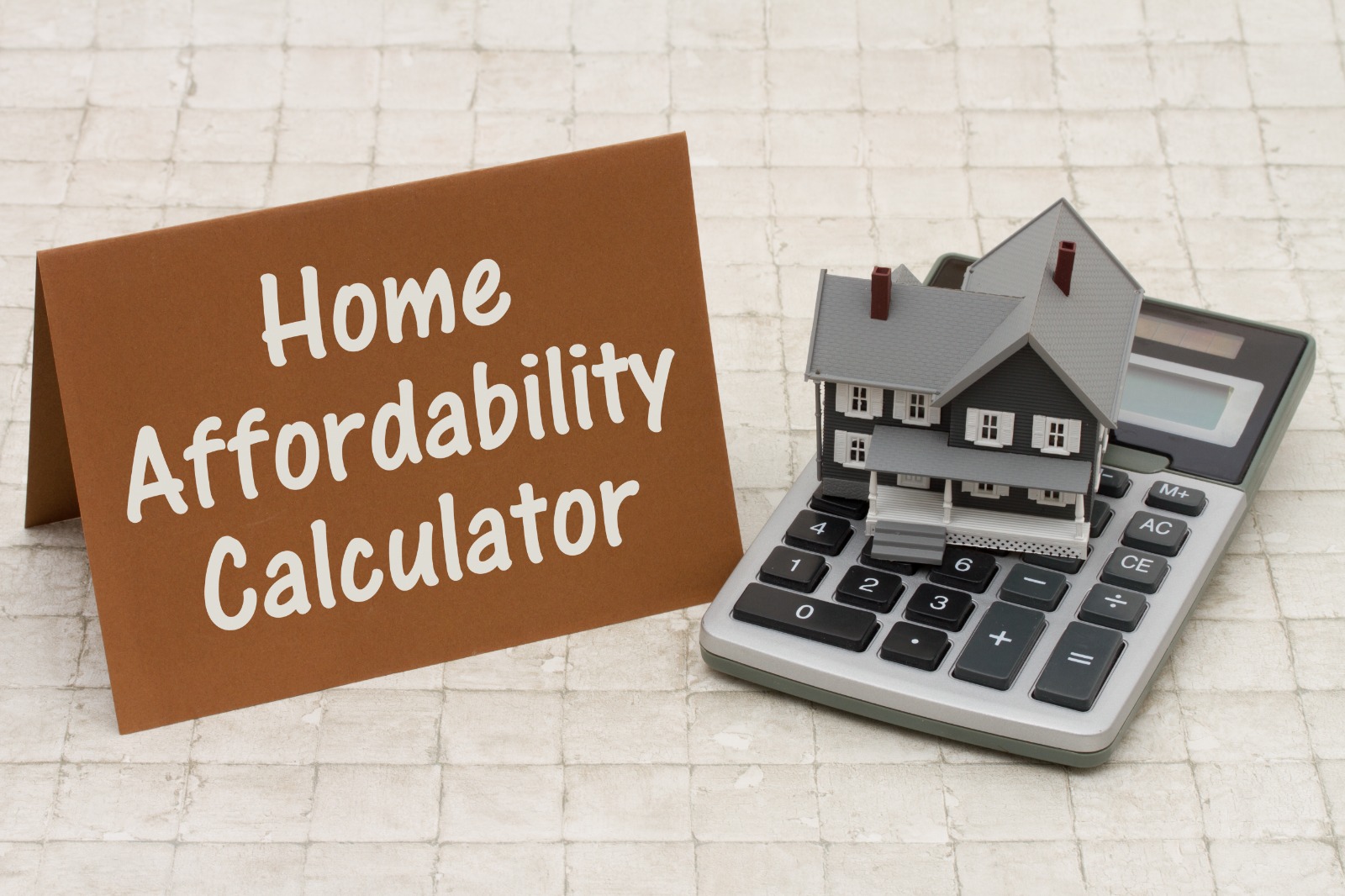Home Buying Course
The Home Buying Course will give you all the information you need to buy your first home, refinance a home or buying investment property. This is the content you will learn in this course.


Home Buying
The word mortgage basically means to pledge. Your mortgage on your house is your pledge to repay a special loan given to you for that house. Honestly these are a bit silly because they make it seem like you’re under some type of special circumstances, as if anything more than a tiny percentage of the population could ever afford to just pay cash for an entire house. They can’t anyway, most of the time; mortgage companies rely on your interest to make more profit than you care to know about and will often charge ridiculous fees to people who want to pay outright instead of getting a loan (car salesmen do the same, sometimes they just flat won’t sell you a car for straight cash).
Ridiculousness aside, mortgages are serious business. If your delinquent on your house payments, you could have your very place of living taken away from you. Unlike credit card companies, the federal government and student loan lenders, banks, dealerships, and mortgage companies have the ultimate tool of collection at their disposal: Repossession. You’re not just getting a loan for yourself, you’re getting a loan specifically for a house (or car or yacht, whatever it is) and if you fail to make payments you will have a hard time getting out of it. Most of the time when you owe money on an item it can be repossessed regardless of whether you filed bankruptcy as well! This is mainly an issue for vehicles, you don’t want to file for bankruptcy just because of your mortgage. Lenders generally aren’t just looking for reasons to foreclose, they want you to keep the house and to keep paying them. Now that we got through this the unpleasant part of owning a home and mortgage, we can focus on buying a home.
If you are currently living in an apartment or renting a house, you may be thinking about buying a home of your own for yourself and your family. This can be an exciting time. Looking at properties, deciding whether to buy a home or build a new one, and finding financing will take up a lot of your time.
Proper planning will help you transition into your new home much easier than if you wait until the last minute to deal with these details. If you are planning on moving yourself, you should find a few friends or family members that will be willing to help as soon as possible.

Buying a Home
Another decision you will have to make is whether to buy a new home or look for an older one. Most first-time homebuyers usually buy an older home, but this should not deter you from visiting a few builders to see what they are charging for the size home you are looking for.
Older homes may cost less, but they can be riddled with problems. In the Home Buying Course, you will learn what to look for when viewing a home, what to include in your purchase offer, and what to expect from a home inspection. There will be a long list of things you will need to do before you buy a home. There are critical steps to buying a home with a mortgage.

This list includes:
This list does not include all the decorating, home improvement, and other decisions you will have to make once you have purchased the home. If you are a first-time home buyer, you will be nervous about finding the right home, investing money on a down payment, and being approved for financing. Once you have found a home, it will usually take between two or three months before you will be able to move in. In the meantime, you should plan the following:
Home Affordability Calculator

In order to calculate how much home, you can afford, we take into consideration a variety of different factors, including your income, down payment amount, your other monthly debt obligations, and your credit score. If you want to get an even more accurate result with our calculator, we have also provided fields where you can input the rate for your mortgage, property taxes, home insurance and monthly HOA fees. This calculator provides an appropriate price range for your current financial situation, but you will also need to take into consideration other savings goals and life events when planning how much you want to spend on your future home.
Our home affordability calculator helps you understand how much home you can afford based on your income and other debts.
[loan_calculator]
